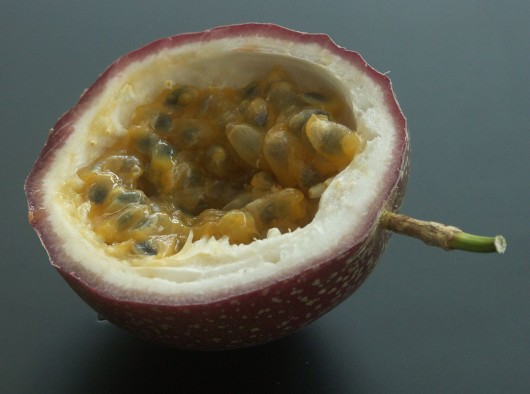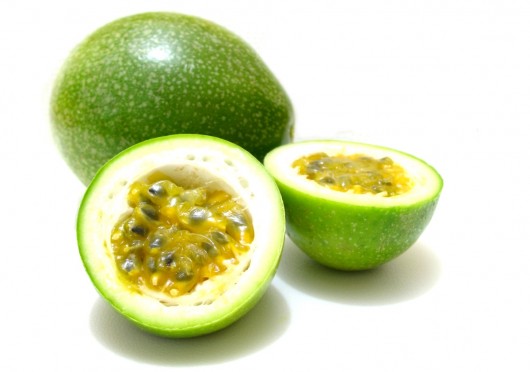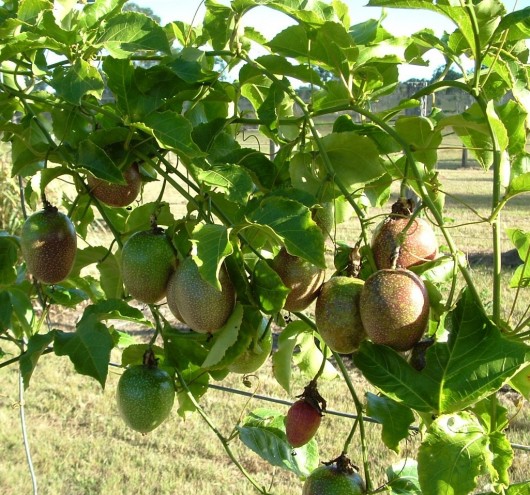Best Passion Fruits for Juicing and How to Choose Them
Passion fruit can be used in many different ways when cooking or canning. One of the most popular is juicing. For veteran juicers, the answers to common questions regarding passion fruits either spring to mind or else already have answers. But for someone looking to just enter the realm of juicing at home with this fruit type, it can be more difficult. Look no farther for answers regarding the best passion fruits for juicing.
Passion Fruit Varieties
Not every passion fruit is the same. Originally, there were two types: the purple and the yellow granadilla, named such due to having been cultivated in South America. Typically, the yellow fruit has a very tart taste that could be termed “acidic.” The purple form can be much sweeter and “subacidic.” Crosses (called hybrids) between the two have been ongoing for quite a number of years and have resulted in some fine varieties, such as the Frederick, Kahuna, Red Rover, Pratt Hybrid, Sevcik Selection, and several others. When it comes down to it, however, the two best passions fruits for juicing are the purple Frederick and the Kahuna. The Frederick tends toward a tart, borderline sour taste that can be citrusy while the Kahuna’s flavor is quite sweet. The final choice is up to the juicer’s taste.
Finding the Perfect Fruit
Now that you have a choice between the best fruits for juicing, it’s time to actually find and buy them. Thankfully, some standard grocery stores will have them for sale, as well as specialty stores. They can be ordered online for shipping from producers in the U.S. as well. These fruits can grow year-round in some parts of the world, so finding them is not the issue. Peak harvesting periods come twice a year: once between August and December, and the second time between March and May. The fruit should be round or possibly egg-shaped, 1.5 to 3 inches wide, with a smooth, waxy rind. There should be no weak places or discolored spots in the rind (it can have white spots naturally), as it should remain tough even after it has wrinkled. Because they are the best for juicers to use, they can be expensive. Often spending more for a better product will yield better results.
When Is It Ready?
No matter what type you choose or how much you spend, both purple and yellow granadilla types start out green when they’re first growing. They mature to take on their purple or yellow (or in some cases maroon or mixed) coloration. When the skin darkens and wrinkles, the fruit is ripe and ready to use. It will last in the refrigerator for up to a week once ripened.


